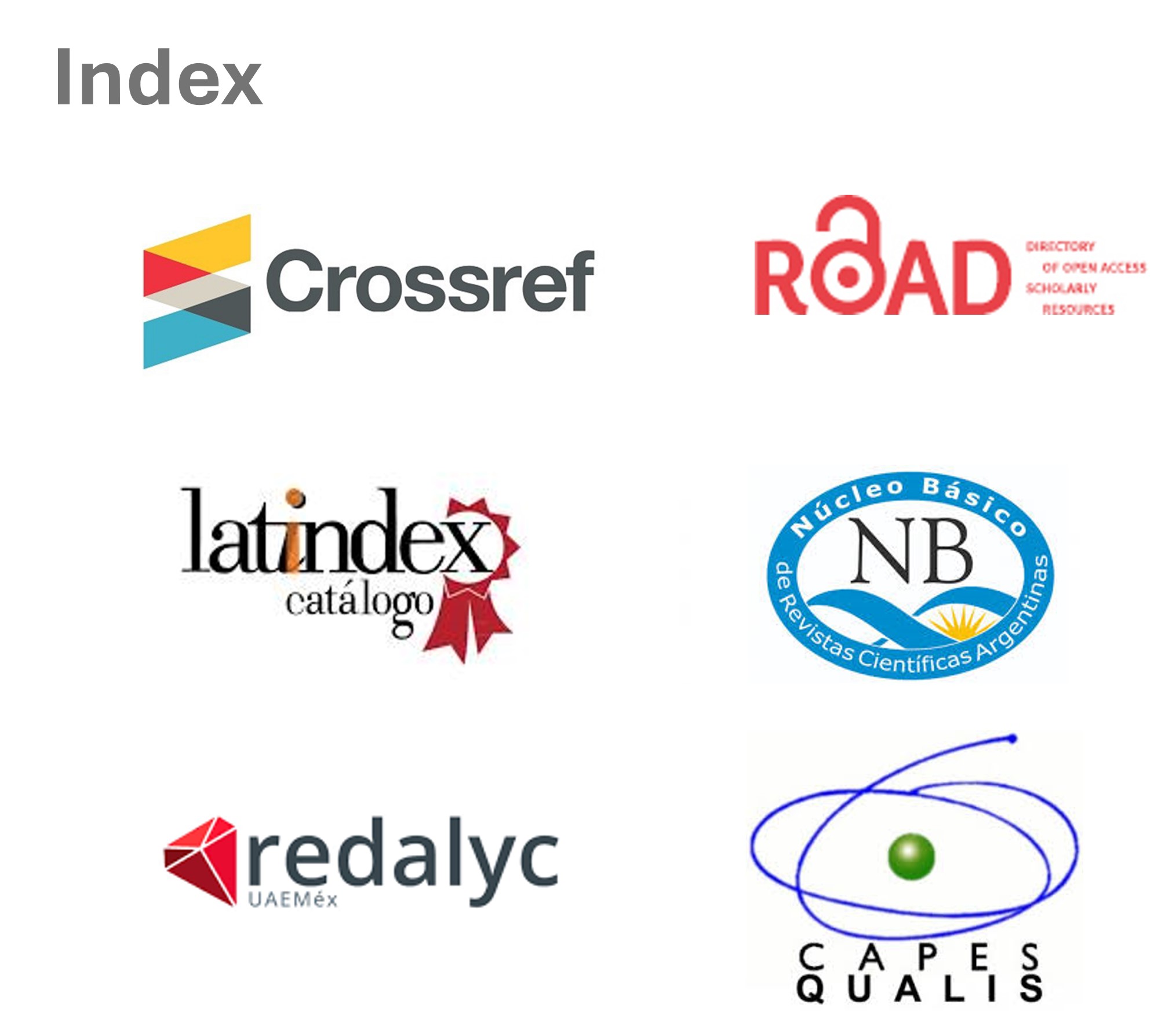Some elements to contribute to the study of conflicts related to science and technology. Disputed knowledge about the coronavirus pandemic
DOI:
https://doi.org/10.48160/18517072re53.169Keywords:
scientific controversies, conflicts related to science, styles of thought, expertise, pandemic, coronavirusAbstract
Conflicts related to science and technology are extremely useful scenarios to see how diverse social actors behave in the face of scientific facts that are considered unstable. In this article we start from the studies on scientific controversies, to bring together a series of approaches that can nurture these analyses and expand them to areas that exceed the scientific community. In particular, we show that the notion of styles of thought and the typology of experts provided by the sociology of expertise can contribute to these analyses. Through the study of a series of conflicts related to the coronavirus pandemic, we will argue that the styles of thought and the forms of experts constitute useful tools to analyse the scenarios where knowledge is in dispute in relation to the pandemic.
References
Andersen, K. G., Rambaut, A., Lipkin, W. I., Holmes, E. C. y Garry, R. F. (2020), “The proximal origin of SARS-CoV-2”, Nature Medicine, 26, pp. 450-452.
Borup, M., Brown, N., Konrad, K., & van Lente, H. (2006), “The sociology of expectations in science and technology”, Technology Analysis & Strategic Management, 18, (3-4), pp. 285-298.
Collins, H. (1981a), “Stages in the Empirical Programme of Relativism”, Social Studies of Science, 11, pp. 3-10.
Collins, H. (1981b), “What is TRASP?: The Radical Programme as a Methodological Imperative”, Philosophy of the Social Sciences, 11, (2), pp. 215-224.
Collins, H. M. y Evans, R. (2002), “The Third Wave of Science Studies: Studies of Expertise and Experience”, Social Studies of Science, 32, pp. 235-296.
Collins, H. y Evans, R. (2007), Rethinking Expertise, Chicago, The University of Chicago Press.
Fonseca Matera, E. y Pellegrini, P.A. (2021), “El rol de los medios de comunicación como iniciadores de una controversia socio-científica: el caso de la crotoxina en Argentina”, Anuario Electrónico de Estudios en Comunicación Social “Disertaciones”, 14, (2), pp. 1-19.
Fuhrer, J. y Cova, F. (2020), “ ‘Quick and dirty’: Intuitive cognitive style predicts trust in Didier Raoult and his hydroxychloroquine-based treatment against COVID-19”, Judgment and Decision Making, 15, (6), pp. 889-908.
Giedymin, J. (1986), “Polish philosophy in the inter-war period and Ludwik Fleck’s theory of thought-styles and thought-collectives”, en R. S. Cohen, & T. Schnelle (Eds.): Cognition and fact: Materials on Ludwik Fleck, Dordrecht, Reidel Publishing Company, pp. 179-215.
Grunwald, A. (2019). “Shaping the Present by Creating and Reflecting Futures”, en A. Lösch et al. (eds.): Socio-Technical Futures Shaping the Present, Londres, Springer, pp. 17-35.
Hacking, I. (1982), “Language, truth and reason”, en M. Hollis, & S. Lukes (Eds.): Rationality and relativism, Cambridge, MIT Press, pp. 48-66.
Jasanoff, S. y Kim, S.-H. (2015), Dreamscapes of modernity. sociotechnical imaginaries and the fabrication of power, Chicago, Chicago University Press.
Lynch, M. (2020), “We Have Never Been Anti-Science: Reflections on Science Wars and Post-Truth”, Engaging Science, Technology, and Society, 6, pp. 49-57.
MacKenzie, D. (1978), “Statistical Theory and Social Interests: A Case-Study”, Social Studies of Science, 8, (1), pp. 35-83.
Maxmen, A. y Mallapaty, S. (2021), “The COVID lab-leak hypothesis: what scientists do and don’t know”, Nature, 594, pp. 313-315.
McMullin, E. (1987), “Scientific controversy and its termination”, en Engelhardt Jr., H.T. y Caplan, A.L. (eds.): Scientific Controversies: Case Studies in the Resolution and Closure of Disputes in Science and Technology, Cambridge, Cambridge University Press, pp. 49-91.
Michael, M. y Birke, L. (1994), “Enrolling the Core Set: The Case of the Animal Experimentation Controversy”, Social Studies of Science, 24, 1, pp. 81-95.
Nelson, R. D. (1992), “The sociology of styles of thought”, British Journal of Sociology, 43, (1), pp. 25-54.
Pellegrini, P.A. (2013), “Anomalías en los comienzos de la transgénesis vegetal. Intereses e interpretaciones en torno a las primeras plantas transgénicas”, História, Ciências Saúde - Manguinhos, 20, (4), pp. 1453-1471.
Pellegrini, P.A. (2019a), La verdad fragmentada. Conflictos y certezas en el conocimiento, Buenos Aires, Editorial Argonauta.
Pellegrini, P.A. (2019b), “Styles of Thought on the Continental Drift Debate”, Journal for General Philosophy of Science, 50, (1), pp. 85-102.
Pellegrini, P.A. (2021), “¿Por qué resultó tan difícil creer en el coronavirus? Formas de pensar frente a la pandemia”, en Edgar Vieira (ed.): La pandemia del COVID19 y un nuevo orden mundial, Bogotá, Ediciones UCC, pp. 55-79.
Pinch, T. y Bijker, W. (1984), “The Social Construction of Facts and Artefacts: Or How the Sociology of Science and the Sociology of Technology Might Benefit Each Other”, Social Studies of Science, 14, (3), pp. 399-441.
Roqueplo, P. (1997), Entre savoir et decision, l’expertise scientifique, París, INRA Éditions.
Simon, B. (1999), “Undead Science: Making Sense of Cold Fusion After the (Arti)fact”, Social Studies of Science, 29, (1), pp. 61-85.
Published
Versions
- 2022-08-02 (3)
- 2022-08-02 (2)
- 2022-08-02 (1)
How to Cite
Issue
Section
License
Copyright (c) 2022 Redes. Journal of Social Studies of Science and TechnologyThe documents published here are governed by the licensing criteria
Creative Commons Argentina.Atribución - No Comercial - Sin Obra Derivada 2.5 https://creativecommons.org/licenses/by-nc-nd/2.5/ar/













